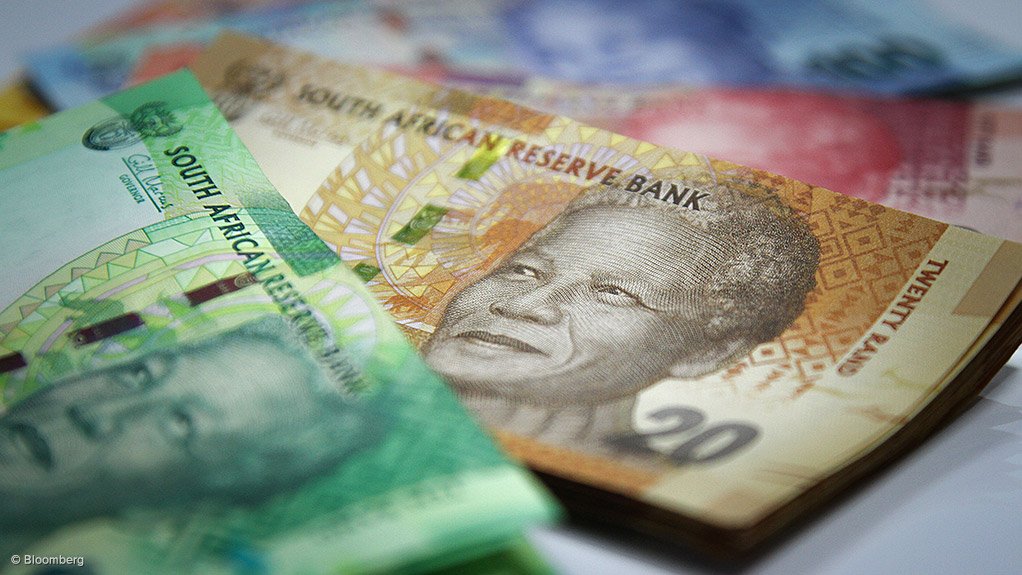A recent study conducted by the Household Wealth Research division of the Bureau of Market Research (BMR) at the University of South Africa (Unisa) has found that women in South Africa are still at the lower end of income earnings.
The report was compiled during the 2015–2019 period and included a scenario analysis for 2020.
Compiled by Jacolize Meiring, head of the Personal Finance Research Unit at the BMR, Professor Carel van Aardt and A. Risenga from Unisa, the report aimed to provide an in-depth analysis of income estimates in South Africa.
The BMR's income and expenditure model was used for the report.
“Despite the almost equal gender population distribution between females and males, females remain at the lower end in relation to cash flow income earnings. Approximately two-thirds of cash flow income was earned by males during 2019,” the report read.
“The revised results indicate that, following relatively high annual growth rates of approximately 7.5% during 2016 and 2017, growth rates in personal incomes have slowed to about 5% during 2018 and 2019,” said Meiring.
Meiring said the report revealed that income inequality was still present in South Africa as 73.8% of the adult population earned only 8.8% of cash flow-related incomes for 2019.
Given the devastating economic impacts of Covid-19, the report also sought to explore the extent of the financial burden placed on households, businesses and the government.
The report highlighted that not only does a large number of people stand to lose their jobs due the Covid-19 crisis, but residents will also earn lower incomes during 2020 because of temporary business closures and pay cuts.
In the absence of Covid-19, cash flow income was estimated to increase by 5.9% during 2020.
“The results of two relatively conservative scenarios indicate that if 800 000 jobs are lost, cash flow income is estimated to record a contraction of minus 1.7% compared to 2019 values, while a job loss total of 1.6-million is estimated to result in a contraction of 7.4% in cash flow incomes,” added Meiring.
Meiring pointed out that the employed middle class working in skilled jobs in the formal sector of the economy may be hit the hardest by the Covid-19 virus and lockdown.
“Compared to the expected growth in the absence of Covid-19, those individuals earning between R447 001 and R899 000 per annum are estimated to suffer the greatest income losses,” she added.
EMAIL THIS ARTICLE SAVE THIS ARTICLE
To subscribe email subscriptions@creamermedia.co.za or click here
To advertise email advertising@creamermedia.co.za or click here











